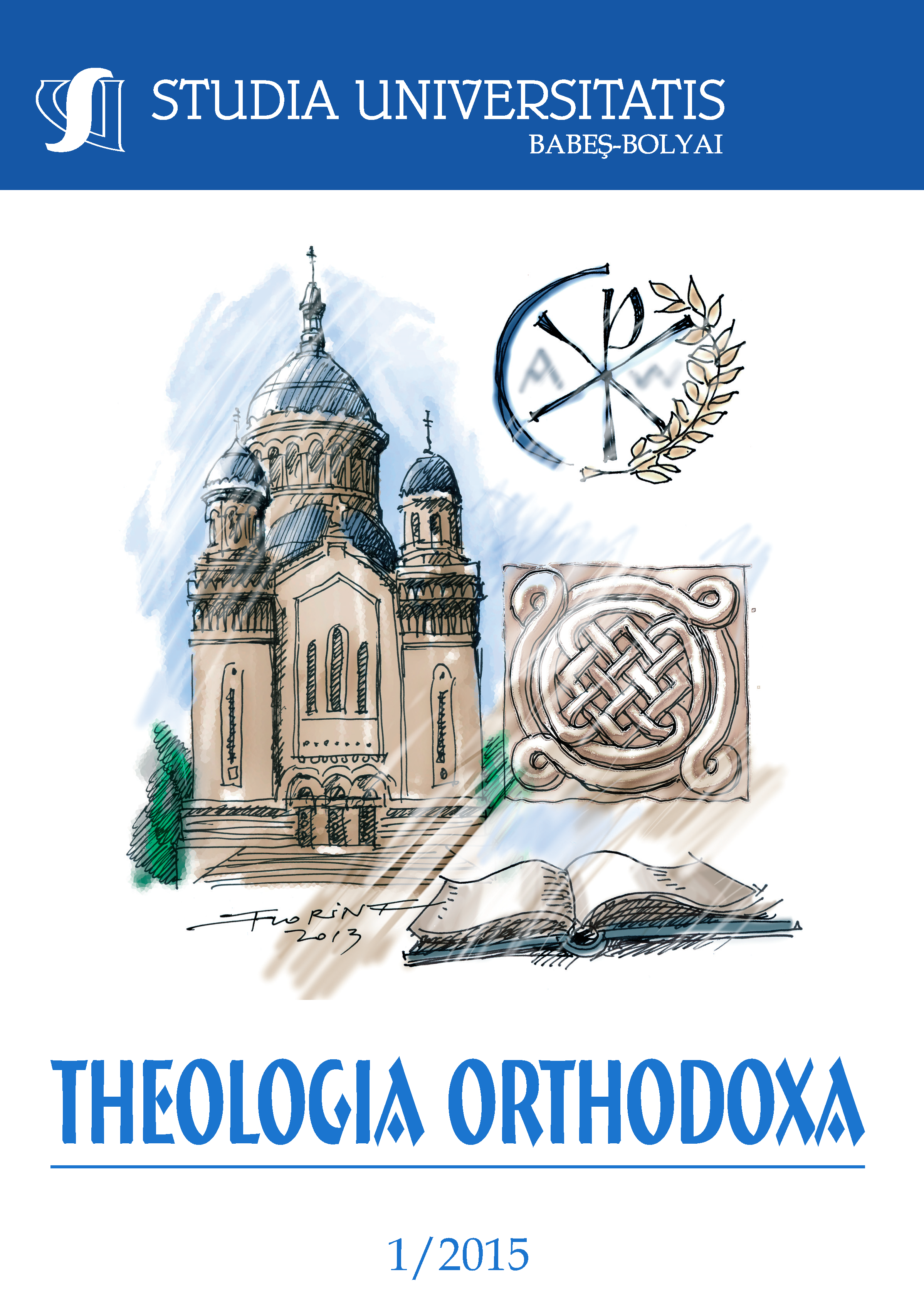IS DISABILITY A CHALLENGE OR A DIVINE BLESSING? / HANDICAPUL, PROVOCARE SAU BINECUVÂNTARE DIVINĂ?
Keywords:
counselling, counselled, persons with disabilities, psycho-perceptive stages, discrimination [EN];, consiliere, consiliat, persoane cu handicap, faze psihoperceptive, discriminare [RO].Abstract
This article is both an attempt to analyse disability, as a precise aspect of suffering, and also a manner of exploring it. A starting point of the essay is represented by the idea that in the past not only disease was the reason for a person to be discriminated, but also other elements such as: the belonging to another race or religion, gender differences, etc. Confronting disability generates the necessity of counselling. For a good relation of the counsellors with the counselled, this writing presents the psycho-perceptive stages of the disability and their correct approach as well as the necessity for the counselled persons to be informed on the possibility of employment and promoted for their integration into jobs demanded on the labour market. After the comparative analysis of the three major monotheistic religions we sum up by asserting that Christianity is the only religion that can give suffering the value of a blessing.
Lucrarea este atât o încercare de analiză a handicapului, ca aspect concret al suferinței, cât și o modalitate de explorare a acesteia. O premisă a materialului o reprezintă ideea că, de-a lungul istoriei nu doar boala a reprezentat un motiv de discriminare, ci și alte aspecte ca: apartenența la o altă rasă sau religie, diferența dintre genuri etc. Confruntarea cu handicapul generează necesitatea consilierii. Pentru buna interacțiune a consilierilor cu consiliații lor materialul prezintă fazele psihoperceptive ale dizabilității și abordarea lor corectă, precum și necesitatea ca persoanele consiliate să fie informate de posibilitatea angajării și promovate pentru integrarea lor în meserii cerute pe piața muncii. După analizarea comparativă a celor trei mari religii monoteiste concluzionăm că, doar creștinismul poate da suferinței valoarea unei binecuvântări.
References
The Bible. Bucharest: The Biblical Institute and of Mission of the Romanian Orthodox Church Publishing House, 2001.
Law no. 448/2006, Regarding the social integration of the persons with disabilities.
Dweck, Carol S. The mentality of the winner. A new psychology of the success. Bucharest: Curtea Veche Publishing House, 2012.
Nelson-Jones, Richard. The book of counselling. Bucharest: Trei Publishing House, 2009.
Simon, Francisc. The difference in quality or abnormal in normality. Bucharest: Universităţii Publishing House, 2008.
Larchet, Jean-Claude. God doesn’t want man to suffer. Bucharest: Sofia Publishing House, 2008.
Irvin, D., M.D. Yahom. The gift of psychotherapy. Bucharest: Vellant Publishing House, 2011.
Remete, George. Knowledge through silence. Alba Iulia: Reîntregirea Publishing House, 2004.
Mother Rafaela. How to perfect oneself in God. Alexandria: Sophia Publishing House, 2009.
Published
How to Cite
Issue
Section
License
Copyright (c) 2015 Studia Universitatis Babeș-Bolyai Theologia Orthodoxa

This work is licensed under a Creative Commons Attribution-NonCommercial-NoDerivatives 4.0 International License.





 ISSN (print): 1224-0869, ISSN (online): 2065-9474, ISSN-L: 2065-9474
ISSN (print): 1224-0869, ISSN (online): 2065-9474, ISSN-L: 2065-9474